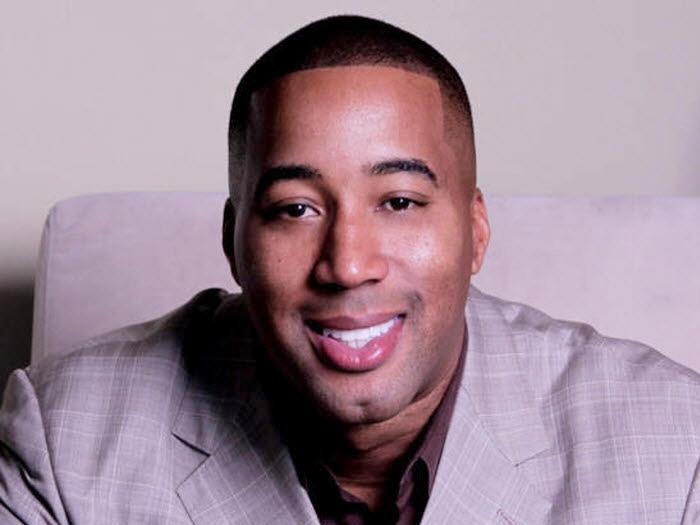Passionate about entertainment as far back as he can remember, James DuBose landed his first job in the entertainment industry after graduating from Wake Forest University with a degree in Communications. James joined the Emmy Award-winning Brad Lachman Productions Company as a Program Assistant, which served to fuel his passions. James describes the next few steps in his career as a roller coaster ride. Taking on various roles over the next twenty years, James DuBose was a television producer in sports and entertainment, a filmmaker, and entertainment industry executive.
In 2006, James launched DuBose Entertainment, which produced several reality shows that were well received. However, at the height of his career, James experienced a deep depression, forcing his professional career to a halt.
James is now living a fulfilled, well-balanced life. By learning to say no, to live with patience, and to always make time for oneself, James is here to share some insight into overcoming depression and growing from your struggles.
When did you first start noticing your mental health decline?
It was slow and gradual. For many, the journey into deep depression is like falling off of a cliff, but for me, it was a long time coming. When you’re constantly working, it’s easy to focus on your professional obligations instead of looking after your mental well-being.
It wasn’t until 2015 that I had to face the fact that it was all a facade. I had never addressed my internal issues, and at this point, there was no staving it off. I knew if I didn’t get help I needed and acknowledge the issues I had, I’d likely face severe consequences in the future.
While I was trying to recover, I had a difficult time letting go of my work responsibilities. I could no longer fulfill my obligations. This was the last thing I wanted to happen, but it was inevitable at the time, I had reached a breaking point. I had to face my demons to move forward with strength and resilience.
What did you do to overcome it?
I reached out for help from my support system and health care professionals. I realized, through therapy, that I had been filling various voids in my life by staying busy. It was this process of confronting myself head on, with the assistance of a therapist, that helped me overcome my depression. Previously, I didn’t allow myself any space to think. Therapy allowed the fog to dissipate so I could see everything more clearly. The void I confronted never entirely went away, but through continuous effort and practice, every day gets a little bit easier.
What lessons did you learn during this time?
To be unafraid to face your demons. Whether you’re filling a void with food, alcohol, drugs, or social media, you can only run for so long before it catches up with you. The sooner you stare your demons in the face, the sooner you can become the person you were meant to be. It’s natural to run away from discomfort, but I encourage everyone to embrace it before it catches up with you.
What are your thoughts on mental health stigma?
It exists, but we all have mental health. One of the biggest challenges I faced in 2015 was the lack of understanding of why I couldn’t fulfill my obligations. Acknowledging that we all face difficulty and that pain manifests differently in all of us, is a great first step in reducing that stigma. It takes the bravery of those willing to share their stories to promote healing. It is one of the reasons I am so passionate about what I do.
For those struggling during COVID-19, what advice do you have for them?
These are challenging times. I know that people are losing loved ones, their livelihoods, their homes, and their security. I would let them know that while it might seem difficult now, you are going to make it through. You may not be who you were before, but you will be stronger, bolder, and more resilient if you persevere.
Do you have any tips for dealing with stress and anxiety?
Take time for yourself. Too often we get stuck on this endless hamster wheel and forget that we are here for a purpose greater than ourselves. I spend time in the morning praying, journaling, repeating affirmations, and other healing practices to maintain my mental health. If we don’t take care of our physical and mental selves, it’s only a matter of time until we have a breakdown.


